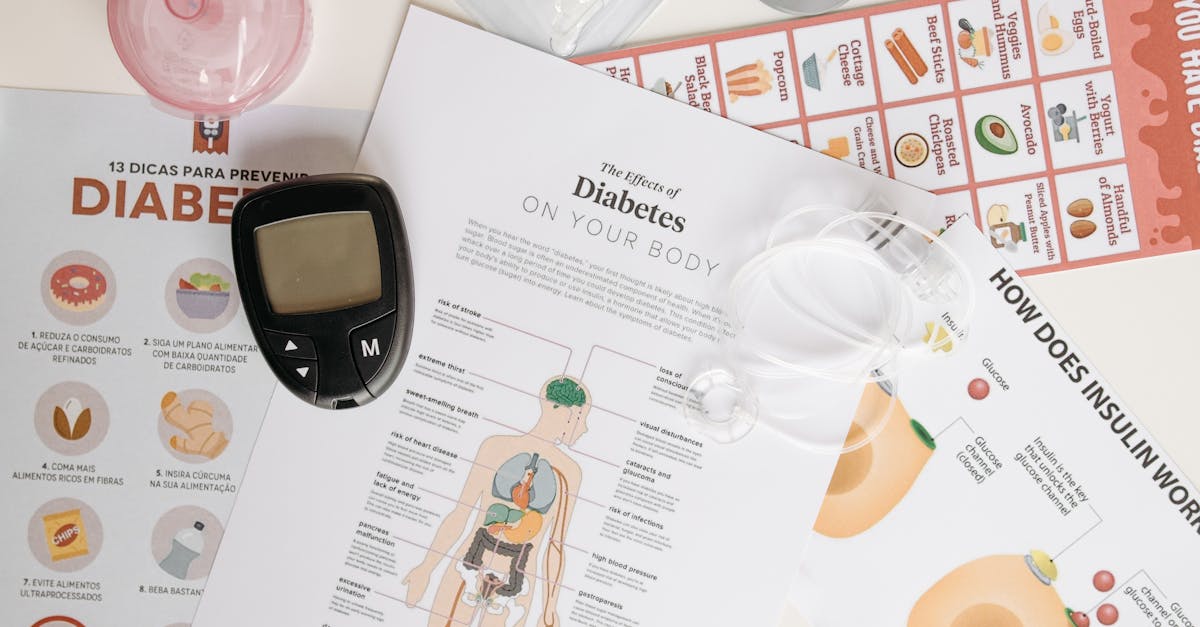How to Stop Eczema Itching in Adults
Introduction
Eczema, a common skin condition, can cause persistent itching that affects daily life. Characterized by inflamed, itchy patches, it can lead to discomfort if not managed effectively. Fortunately, there are several effective methods to alleviate eczema itching in adults.
Advertisement
Understanding Eczema
Eczema, also known as atopic dermatitis, results from a complex interaction between genetics and environmental triggers. It often presents as dry, itchy skin that may become red and inflamed. Understanding the underlying causes is crucial in tailoring effective treatment and management strategies.
Advertisement
Moisturize Regularly
Keeping skin well-hydrated is paramount in managing eczema. Using an unscented, thick moisturizer immediately after bathing can help lock moisture into the skin. Look for products containing ceramides or hyaluronic acid as they effectively rebuild the skin's barrier.
Advertisement
Avoid Triggers
Identifying and avoiding eczema triggers is essential. Common triggers include harsh soaps, synthetic fabrics, and allergens. Switching to a gentle, fragrance-free cleanser and opting for natural fibers like cotton can help minimize flare-ups.
Advertisement
Use Itch-Relief Creams
Over-the-counter creams containing hydrocortisone can provide temporary relief from itching. For more severe cases, consult a healthcare professional to explore prescription topical treatments. These often contain anti-inflammatory agents that soothe and reduce itchiness.
Advertisement
Consider Oatmeal Baths
Colloidal oatmeal baths can offer soothing relief for itchy eczema skin. Its anti-inflammatory properties help calm the skin by reducing redness and irritation. Simply add finely ground oatmeal to a lukewarm bath and soak for 15-20 minutes.
Advertisement
Apply Cold Compresses
Using a cold compress can help provide immediate relief from intense itching. Applying a damp, cool cloth to the affected area can numb the itch and reduce inflammation. This method is particularly effective during acute flare-ups.
Advertisement
Dietary Adjustments
For some, diet plays a role in managing eczema symptoms. Anti-inflammatory foods like fatty fish, leafy greens, and berries may help reduce overall inflammation. Avoiding known food allergens can also prevent exacerbating symptoms.
Advertisement
Seek Professional Guidance
If over-the-counter solutions fail to provide adequate relief, a dermatologist can offer additional treatment options. They may recommend phototherapy, systemic medications, or novel biologic treatments targeting specific immune pathways involved in eczema.
Advertisement
Conclusion
In conclusion, effectively managing eczema involves a combination of preventive measures and targeted treatments. Regular moisturizing, avoidance of triggers, and employing soothing techniques can significantly reduce itching. Partnering with a healthcare professional helps tailor a plan to keep eczema symptoms in check and improve quality of life.
Advertisement


